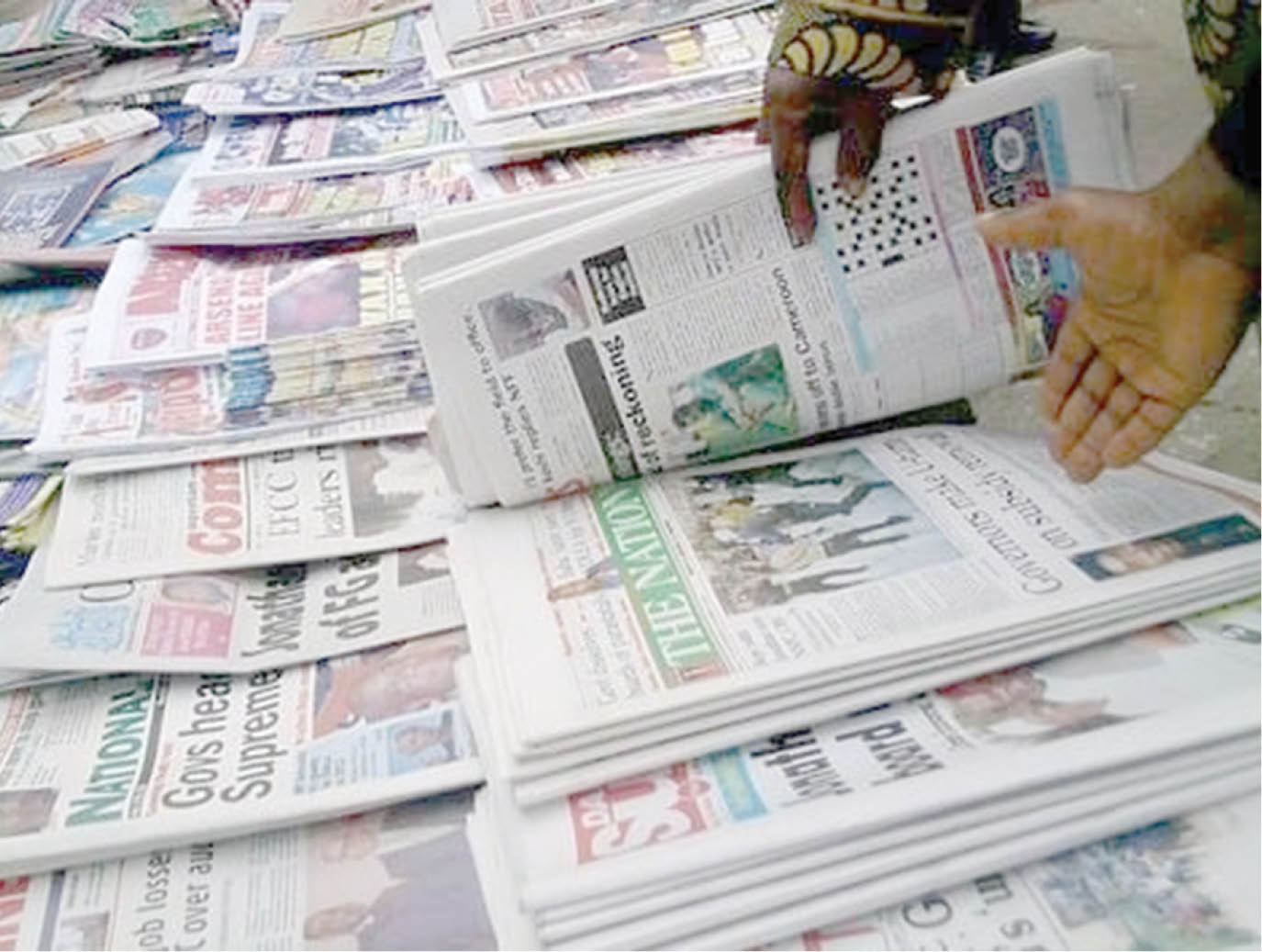The Turkish army staged a coup against the government on July 15/16, 2016. The Turkish government once frequently yo-yoed between the uniformed politicians and their ununiformed counterparts. Daily Trust reported the story in its issue of July 16, 2016. It promoted Military takes over in Turkey, on its front page but published the story itself on page eight. According to the paper, a spokesman for the new military government, announced that it was all over for Prime Minister Erdogan and that “the country is now run by ‘peace council.’ ”
A fairly straightforward story. But it had, to use a popular Nigerian expression, K-leg, the coup failed. The initial claim of the coup plotters sold the media a dummy. By the time Daily Trust went to press, the coup plotters, rather than the prime minister, had been taken into custody or rather a safe place.
- Moves to get Jonathan into 2023 presidential race intensify
- Uncertainty as IGP Adamu retires on Monday
Did the newspaper err professionally in reporting the story that turned out to be untrue? I do not think it was entirely the fault of the paper. The Turkish government of President Erdogan looked like a goner, given the barrage of statements by the military spokesman. In the hazy hours of the attempted take over, the media could only rely on the military spokesman. They had no way of cross-checking the information they received.
This sort of problem usually arises with breaking stories. When a piece of news breaks, there is a frenzied scramble by each news medium to be the first to get to town with it. The technical name for this is, of course, scoop. All of us love it. A consistent scoop by a newspaper makes a huge difference between boys and men. It leaves the boys at the starting block. It is a worthy professional ambition but it carries the risk of a newspaper sometimes acting too soon – and, therefore, getting it all wrong. When a scoop falls on its face, it turns into a goof. The rotten eggs home in on the face of the editor and his senior editorial staff.
The good thing about a breaking story is that it offers updates. These may be new pieces of information that authenticate the initial story or new strands as the story develops into a running story. No medium worth the spelling of scoop can afford to wait for updates. You have to take the risk and just hope that your initial information would pan out.
Updates could be misleading too. The majors who tried to dethrone General Babangida in April 1990 thought they had it in the bag. Their follow up to the coup announcement was the repeated statement on FRCN that Babangida and other members of the Armed Forces Ruling Council were already on trial at a secret venue in Lagos. False. they coup failed. Its announcer, Major Gideon Orka, and some of his colleagues were already in custody.
Nor would we easily forget about the Zik episode some years back. NTA broke the news that the former president of Nigeria, the Owelle of Onitsha, Dr Nnamdi Azikiwe, was dead. There was a frenzied feeding scramble by the news media to scoop one another. Dr K.O. Mbadiwe was the source of the NTA news. He was Zik’s political associate and given his political status and stature in the society, he was a credible source of information in this regard. He had scooped the other political associates of the great man. Or, so he thought. Mbadiwe was entirely wrong. This was his last major political outing – and the biggest blunder in a long and colourful political career. It buried him.
It buried Chief R.K. Okafor, businessman-cum-politician too. He joined the frenzy to feel entitled to a piece of the action. I reached him on phone that night to seek his confirmation. He wasted little time doing so.
He said to me: “My brother, it is true. I saw our great leader writhing in pains in the throes of death.”
We sent two of our senior editors at Newswatch to Zik’s country home in Nsukka. They found that Okafor had been there. He filled the visitors’ register but was not allowed into the house. So, if Zik was “writhing in pains in the throes of death,” he could not have witnessed it.
Zik was truly embarrassed, to say the least, to find himself reading his obituary in the newspapers the next day. He said he was ashamed of his former profession, as indeed, he should be. The apparent confusion led the Vanguard newspaper to cast this famous headline, a safe hedge between denial and confirmation: “Zik is not dead?”
Whatever happened to the former president was a big story. No newspaper could afford to let others run to town with it. All the editors were driven into a feeding frenzy. They failed to exercise enough caution. None of them appeared to remember that Zik had a family. If he had suddenly crossed to the other side, common sense should have told the newspapers that Mbadiwe and Okafor could not have been the most authentic sources of information about his demise. His family ranked as number one.
Newspapers and the television made no appreciable efforts to reach his wife and their very grown up children. Zik held an important traditional title in Onitsha as a member of the Obi’s council. There is a well-established system the council follows before announcing the passing away of its members. Only the traditional council has the authority to formally make the announcement.
Even when newspapers exercise enough caution, experts still cause problems for them. This was the case with the Times of London some good years back. The paper had obtained what purported to be Hitler’s diary. It sought the imprimatur of the leading British historian in his time, Sir Hugh Trevor-Roper, on it. The newspaper asked him to advise it on the authenticity of the diary. The big man confirmed its authenticity. The newspaper felt enormously proud to scoop the other media. It began its serialisation. But lesser experts found that Sir Trevor-Roper had misled the newspaper. Sorry, but the diary was fake. It ruined Trevor-Roper. One goof, and his sterling years of distinguished public service as an academic, an historian and author, kissed the dust. He never recovered from the fiasco.
Editors and reporters cannot be too careful. They are in a very competitive business. The temptation to scoop would occasionally lead to either minor blunders or goofs. The choice is not always in the hands of editors. Let us hope the next time the Turkish military embarks on a similar misadventure it would reckon with the truth. For the sake of newspapers.
(First published, August 28, 2016)



